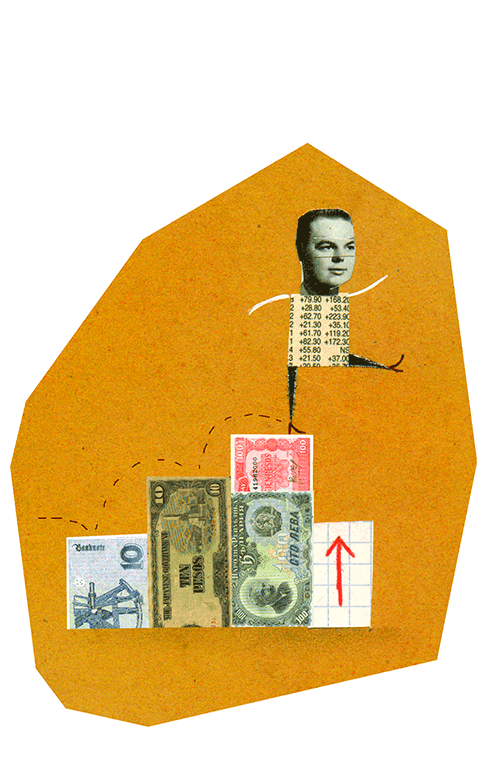-

The Causes and Consequences of Currency Wars
UCLA Anderson School of Management professor and Analysis Group academic affiliate Sebastian Edwards discusses the macroeconomic factors associated with so-called currency wars involving Japan, the United States, Europe, and other regions. Professor Edwards specializes in international economics and has assessed issues related to currencies and exchange rates in numerous arbitrations and litigations.
What happens in a “currency war”?
Countries actively compete against one another to achieve low exchange rates for their respective currencies. Policy makers may do this to gain control over international export markets. The term has gained popularity recently, but it actually has a long history. Between 1919 and 1939, countries went through a period of “competitive devaluation” of currencies, and their actions helped fuel the Great Depression. Now, the United States, the Eurozone countries, the United Kingdom, and Japan – through rounds of quantitative easing – have devalued their currencies, causing the prices of domestic goods to decline. Their actions can have significant consequences.
What sort of consequences?
For one thing, currency wars can raise all kinds of competition, finance, and valuation issues for multinationals. Johnson & Johnson, for example, announced that it expected to take a $100 million charge because of Venezuela’s decision to devalue its currency. Merck, P&G, and Colgate-Palmolive have all made similar announcements. Additionally, countries can be negatively affected by the “beggar thy neighbor”-type policies being adopted by trading partners that actively devalue their currencies. In the late 1990s, for example, Brazil devalued its currency in response to weak global markets, which proved to be a contributing factor in Argentina’s 2001–2002 financial crisis. Many foreign investors were harmed by the “pesification” policies adopted by the Argentine Republic during that time.
Has litigation been filed as a result?
Well, many foreign investors sought arbitration with the Argentine Republic, and with their political risk insurers, to recover losses they had incurred because of pesification. Shareholders in corporations that had invested in Argentina also sued the corporations, claiming that management hadn’t properly disclosed the macroeconomic risks it faced in Argentina. And the Republic defaulted on its sovereign debt, which prompted some investors to sue for repayment. That conflict is still playing out, most recently in the US Court of Appeals in New York.
What is the expert’s role in these cases?
Experts are retained to examine macroeconomic factors, mostly. Consider the litigations stemming from Argentina’s financial crisis, between foreign firms that had operated in Argentina and their political risk insurers: Political risk insurance covers losses arising from “unusual” political events, such as violence due to civil unrest, terrorism, or war; from government expropriation or confiscation of assets; or from government repudiation of contracts. So a key question for experts here is whether the government’s actions were the result of traditional macroeconomic policy making or other factors. To find the answer, we compare the policy responses in question to those made by leaders in countries facing similar stresses. And we conduct systematic reviews of the financial press and academic literature to capture the full range of reactions from academics, government leaders, and market participants. In sovereign debt-default litigation, foreseeability is also often at issue, as is the question of whether the response was based on “necessity” – that is, the country had no other course of action to preserve its integrity.
Is more litigation likely?
Certainly. Given the losses experienced by multinationals operating in Venezuela, shareholders may decide to sue, claiming that the multinationals’ exposure to risk in that nation wasn’t adequately disclosed. This could play out in a number of other countries, as well. ■
From Analysis Group Forum: Summer 2013
